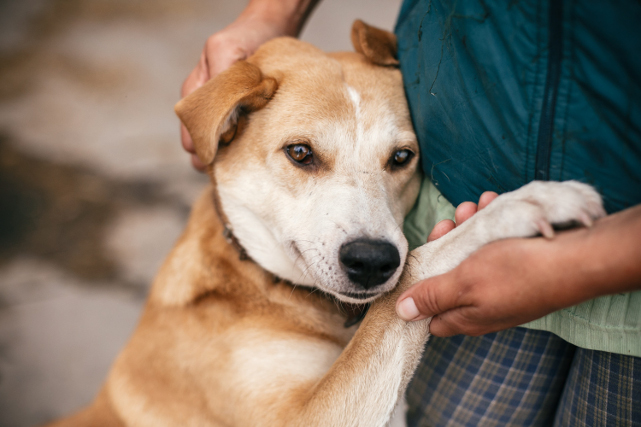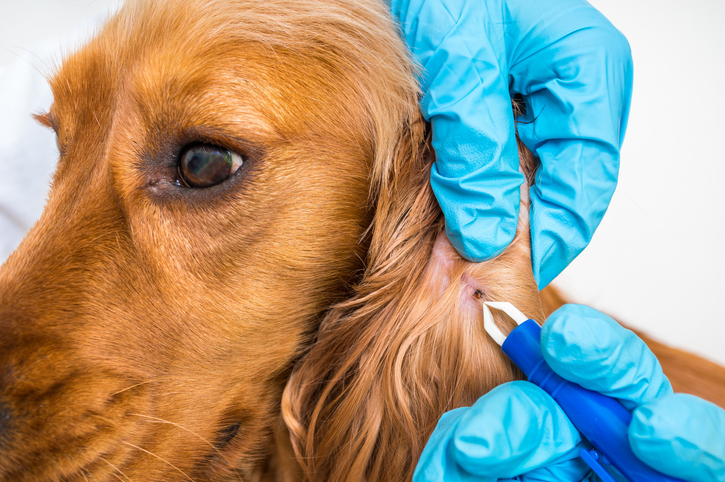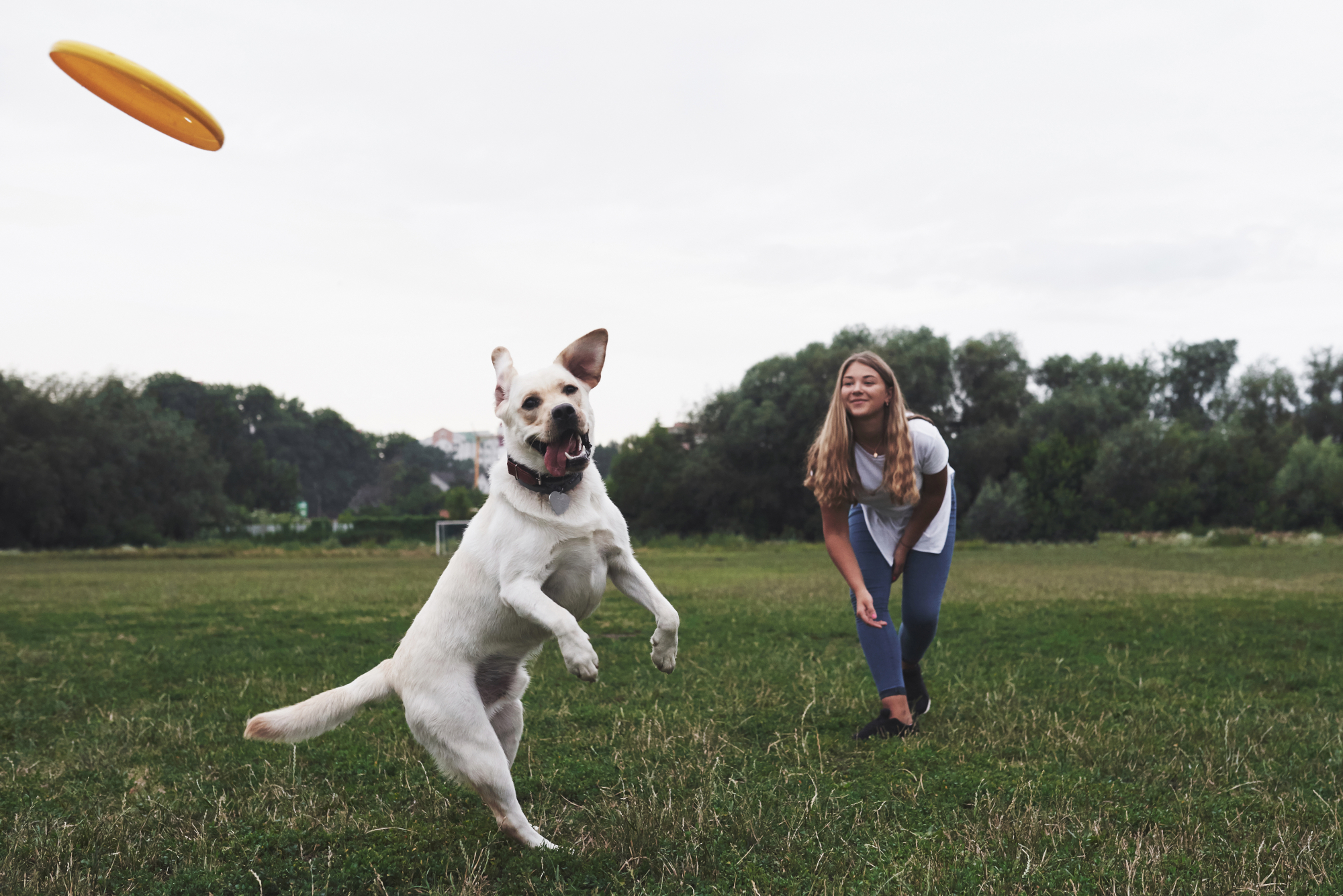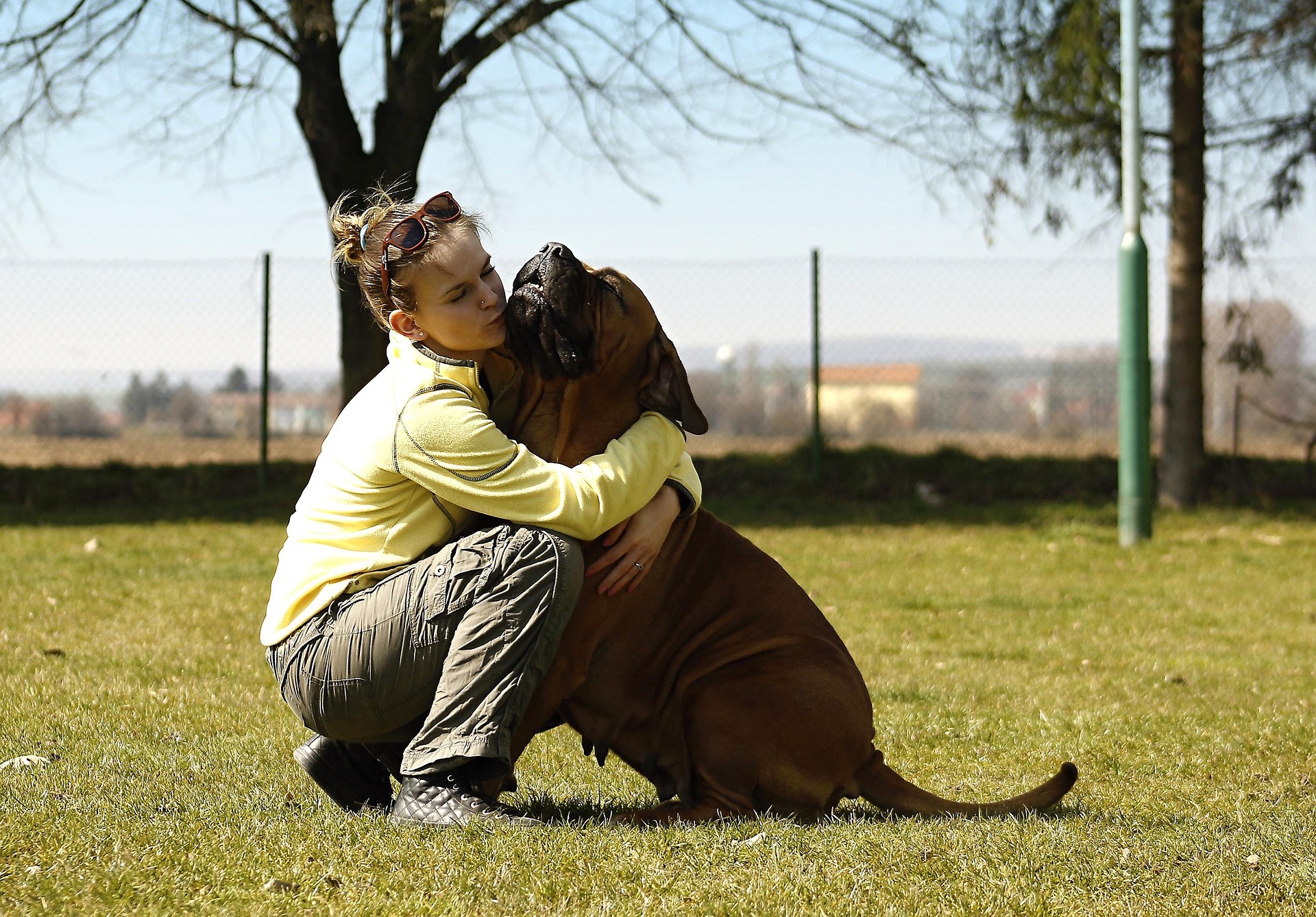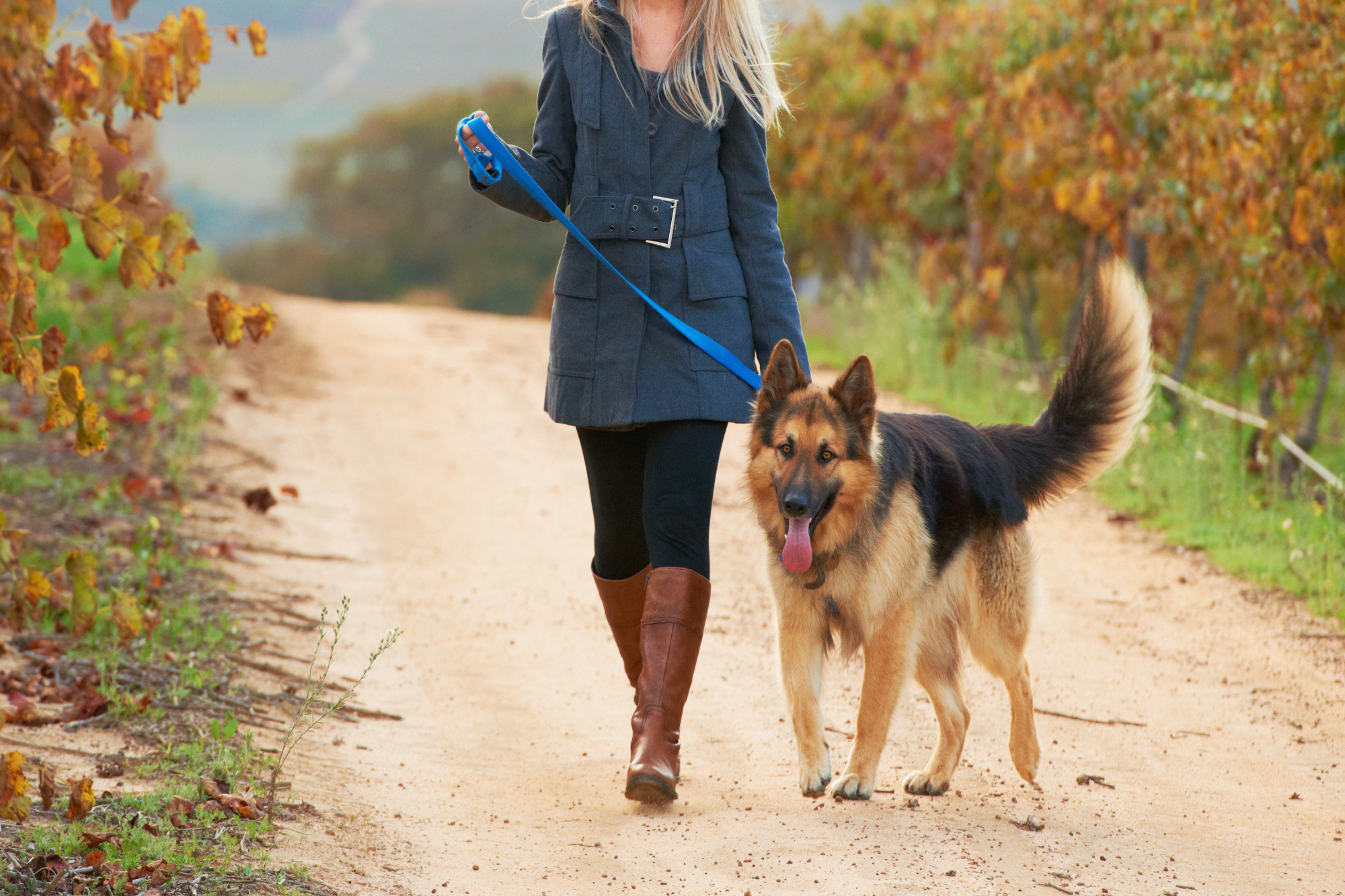Do you have a new pet dog? However you feel about it, spaying/neutering is an important step for all dog owners to take for their dog’s health and safety. This procedure helps keep unwanted male dog visits to a minimum, ensures that several diseases in the reproductive areas are prevented, and avoids contributing to overpopulation in shelters.
Typically, spaying and neutering happen fairly early on in a dog’s life. Although the best time to spay or neuter your dog varies depending on their breed, we typically recommend doing so when they’re between 6 to 18 months old.
Spaying and neutering can provide several benefits to your pup, including:
- Less territorial drive, which will help your dog to be more passive as well
- An increased average lifespan
- Completely eliminated risk of ovarian/uterine cancer
- Completely eliminated risk of testicular cancer
- Greatly reduced risk of mammary cancer
- Eliminated risk of uterine infection, which is a serious life threatening condition
As you can see, there are many great reasons to get your dog spayed or neutered. So what do you need to know in the days leading up to the day of the procedure? Here are some tips on how to get ready for your dog’s spaying or neutering appointment.
Set up your house to ensure your dog can’t harm themselves
Creating dog-safe areas in your home is important. Dogs need to have limited activity as they heal from their surgery, which is why you should ensure they can’t access stairs or furniture that they might try to climb or jump on.
We recommend using baby gates or other barriers to create a small, safe area for your dog to roam in. This will protect your dog from opening their stitches or otherwise harming themselves and will speed up their recovery time as well.
Restrict food the day/night before the surgery
Your veterinarian will always give you surgery preparation instructions prior to your dog’s spaying or neutering appointment. One of the most common things they ask is that you restrict your dog’s access to food prior to surgery. This ensures that they don’t vomit during the procedure.
Water can be offered because it will prevent dehydration prior to the procedure. However, it should be removed first thing in the morning prior to the scheduled appointment. If your dog eats or drinks something before the appointment takes place, you will need to reschedule.
Stay calm!
As you probably know, dogs are often keenly aware of their owner’s emotions, reactions, and mental state. That’s why it’s crucial that you keep as calm as possible in the time leading up to your pup’s spaying or neutering appointment.
If your dog picks up on your anxiety or nervousness prior to the appointment, they’ll feel anxious as well. This can create a lot of stress for your dog in the time leading up to their surgery and can make the entire process more difficult for everyone involved. It’s normal to feel slightly nervous before your pup goes in for surgery, but it’s vital that you keep those feelings as under control as possible for the sake of your pet.
Ensure you work with an experienced veterinarian
One of the best ways to ease the nerves of both you and your dog prior to spaying or neutering is to work with a trusted veterinarian. Your vet is highly trained and experienced in several facets of animal health, and this includes performing safe and effective spaying and neutering on dogs of many breeds. They’ll guide you through the necessary steps for post-surgery care and provide you with the tools needed.
Before the spay or neutering procedure can take place, your vet will perform a preoperative exam to make sure there are no underlying health issues. Afterwards, you’ll be sent home with the instructions needed to keep your pet safe and comfortable while they recover. One of the biggest instructions is to give your dog lots of TLC after the spay or neutering process is complete!
Creative Commons Attribution: Permission is granted to repost this article in its entirety with credit to Hastings Veterinary Hospital and a clickable link back to this page.

